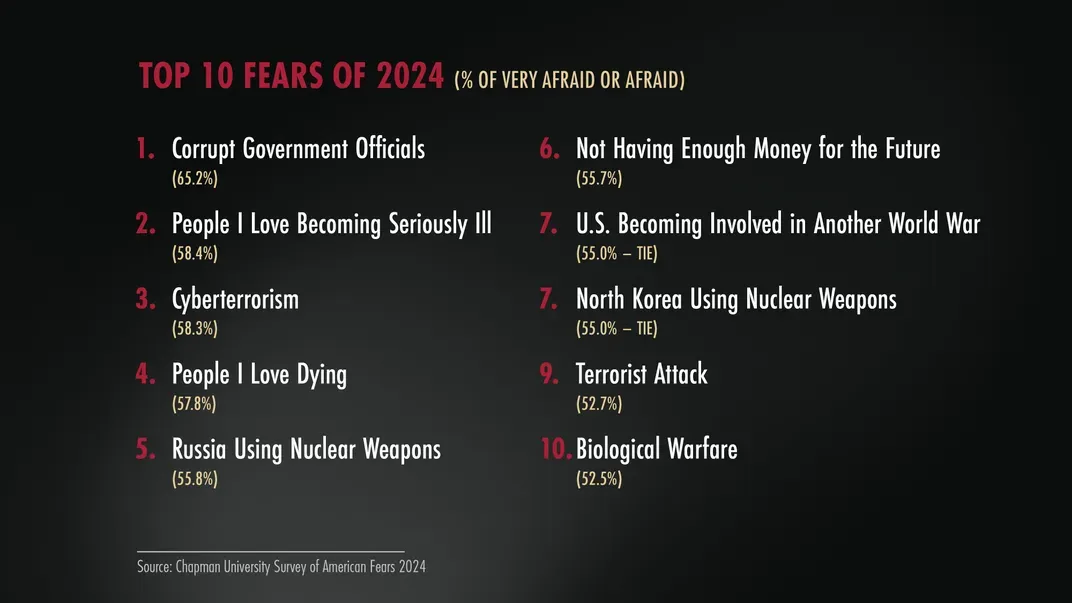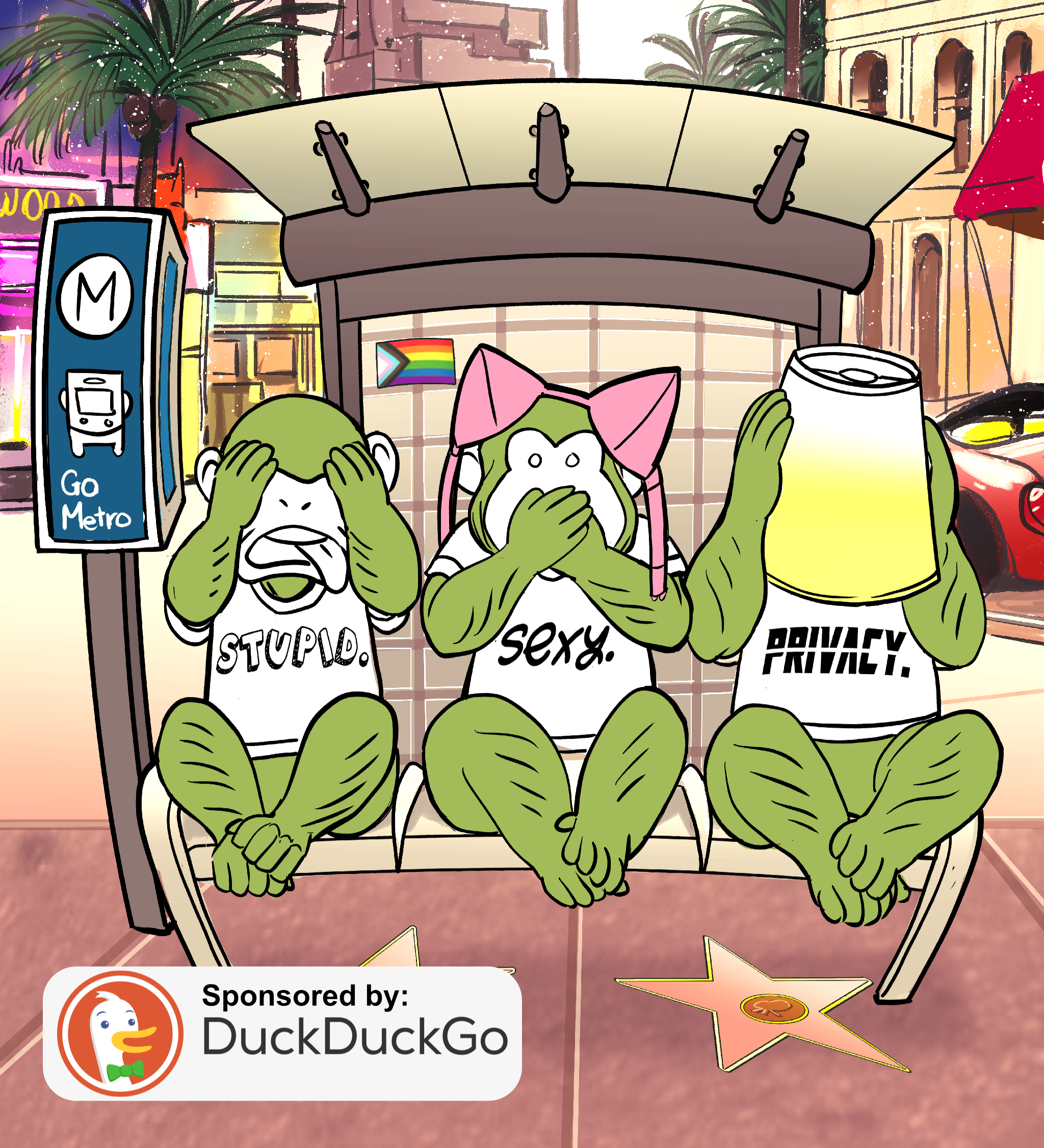Remember The 272 Words That Saved America
Words matter. They're one of 198 different methods we can use to not only protect ourselves from fascists and weirdos, but to defeat them.

Want to listen to today's post instead? All you have to do is press play!
Some of you may not be familiar with the work of Gene Sharp. But his research in the field of non-violent resistance is still with us today.
In fact, his 198 Methods of Nonviolent Action serves as the cornerstone for methods we can use — to not only protect ourselves from fascists and weirdos — but to defeat them.
The first of Gene Sharp's Methods of Non-Violent Protest and Persuasion encourages people to make public speeches.
I'm going to narrow this down a bit and suggest YOU make a short speech at your upcoming local government or school board's next meeting.

Public Speaking Isn't So Scary With The Right Perspective
Now, the good news is "public speaking" is no longer at the top of the list of "Things Americans Are Afraid Of."
But what's left on that list, according to research conducted by Chapman University, is still pretty terrifying.

I share this to point out that, in the face of losing a loved one, making a public speech doesn't seem so scary, now does it?
Privacy Tip: Remember The Gettysburg Address
Sometimes, you run into places where public comment is limited to three minutes, or about 390 words.
So I suggest keeping all comments to no more than 390 words.
The trick to doing this is to pick one thing the fascists and weirdo are doing, that you want to address.
You can always come back and speak about another thing next time.
If you don't know when your next local government meeting is, search for the name of the place you live and add + Municipal Clerk.
Where it says Municipal you would replace that word with the name of your Village, Town, City or School District.
Call that Clerk, and ask for the time and location of the next meeting.
Then tell them you want to sign up for public comment.
The Clerk will provide you with the directions on how to do so.
Before we go, I want to give you some encouragement.
It's worth looking back at American History to remember that Abraham Lincoln helped save Democracy in 188 words fewer than 390.
It's not the word count that matters, it's what you say within it.
The Gettysburg Address is 272 words. You can read it in full in under three minutes:
Four score and seven years ago our fathers brought forth, on this continent, a new nation, conceived in Liberty, and dedicated to the proposition that all men are created equal.
Now we are engaged in a great civil war, testing whether that nation, or any nation so conceived and so dedicated, can long endure. We are met on a great battle-field of that war. We have come to dedicate a portion of that field, as a final resting place for those who here gave their lives that that nation might live. It is altogether fitting and proper that we should do this.
But, in a larger sense, we can not dedicate—we can not consecrate—we can not hallow—this ground. The brave men, living and dead, who struggled here, have consecrated it, far above our poor power to add or detract. The world will little note, nor long remember what we say here, but it can never forget what they did here. It is for us the living, rather, to be dedicated here to the unfinished work which they who fought here have thus far so nobly advanced. It is rather for us to be here dedicated to the great task remaining before us—that from these honored dead we take increased devotion to that cause for which they gave the last full measure of devotion—that we here highly resolve that these dead shall not have died in vain—that this nation, under God, shall have a new birth of freedom—and that government of the people, by the people, for the people, shall not perish from the earth.
Entire books have been written about the Gettysburg Address, so I'm not going to spend too much time here beyond saying this:
What you see in America today is nothing new.
The Confederate States of America wanted an empire that put the wealthy land owners at the top, and everyone from Chattanooga to Chile underneath their boot.
2025's America isn't all that different:
We can fix this. And one of the ways we can do that is through practicing peaceful, non-violent interventions like using our words at public meetings.
-BJ





